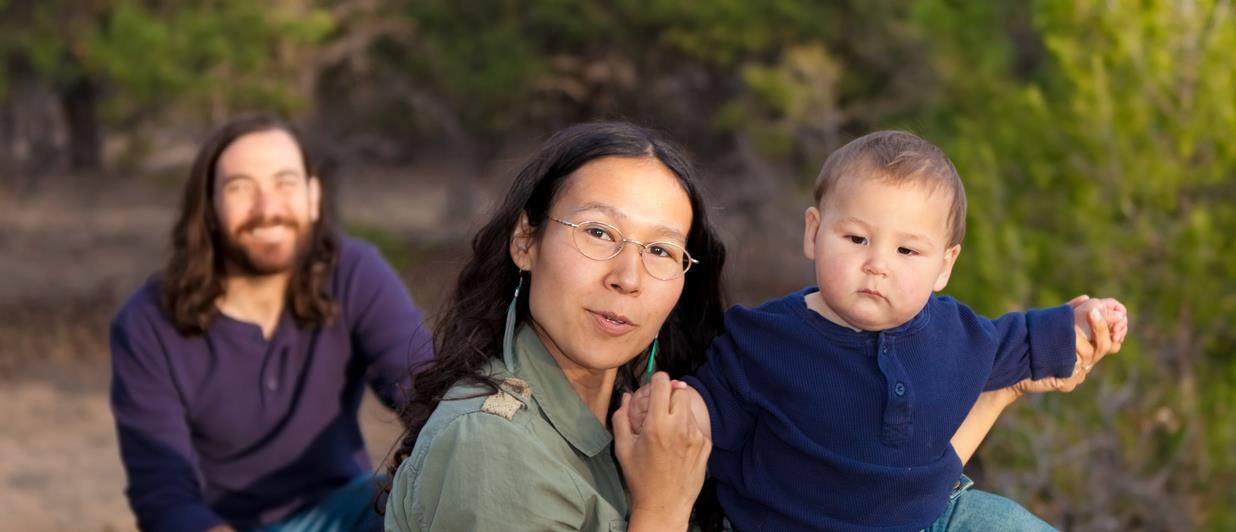
Supporting Indigenous Families
Child welfare has been implicated in the legacies of Residential Schools which has contributed to the over-representation of indigenous families, youth and children in the child welfare system. An important step in rebuilding our relationship with indigenous peoples would involve genuine and sustainable dialogue and advanced progress on shared priorities. Early engagement, timely communication and consultation with our indigenous communities remain a high priority for our agency.
Peel CAS is consulting with Indigenous practitioners from the local community and across the province to assist in the development and implementation of an Indigenous strategy for the agency. As part of this strategy, we have established an Indigenous table consisting of Elders and child welfare practitioners to provide advice and consultation in all areas of our work including, but not limited to case consultations, development, implementation and evaluation of our strategy.
In November 2021, Peel CAS and Native Child and Family Services of Toronto announced a formal agreement between our organizations, so that children in the care of Peel CAS who identify as Indigenous can be referred and/or transferred to NCFST. NCFST offers a multitude of culturally grounded support services that work to enhance the resurgence of Indigenous identity and well-being. This arrangement will help to ensure that Indigenous children, youth, and families in Peel receive services that best meet their needs and preserve their cultural connections.
We are proud to partner with many local organizations to provide services to Indigenous children, youth and families that are rooted in their culture. Learn more about some of the services and supports they offer:
Our Commitment
We are committed to active consultation and engagement with Indigenous peoples, practitioners, and local communities in the development of a holistic and culturally responsive service that would assist us in the implementation of the child welfare Nine Reconciliation Commitments.
- Reduce the number of Indigenous children in care.
- Reduce the number of legal files involving Indigenous children and families.
- Increase the use of formal customary care agreements.
- Ensure Indigenous representation and involvement at the local Board of Directors.
- Implement mandatory Indigenous training for staff.
- Change the inter-agency protocol to include Jordan’s Principle as a fundamental principle
- In consultation with Indigenous communities, develop a unique agency-based plan to better address the needs of the children and families from those communities.
- Continue to develop relationships between their local agency and the local Indigenous communities.
- Assist those individuals wanting to see their historical files by accessing and providing the information they request.
